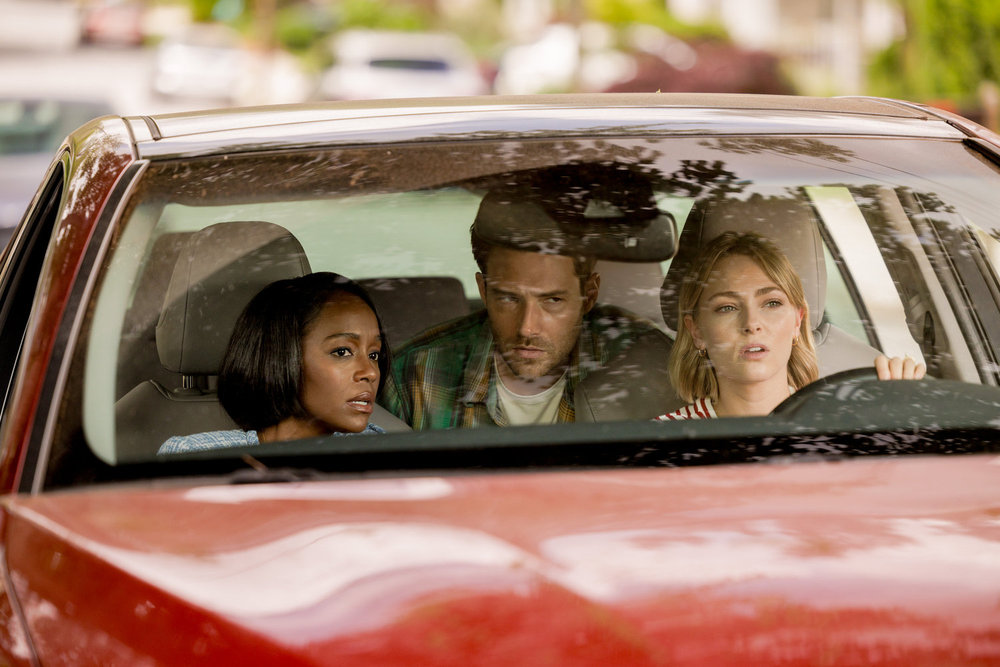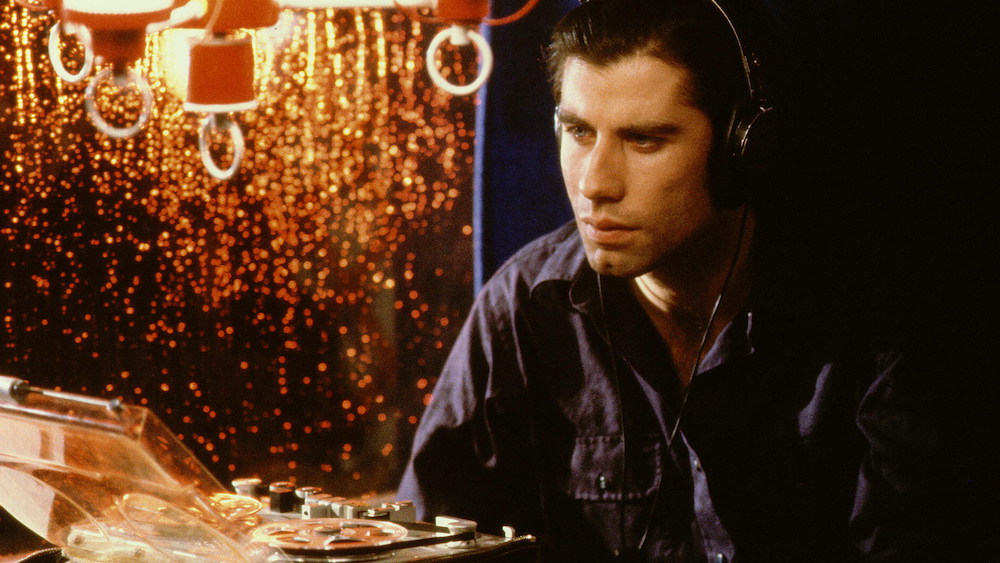
In a time of great international anxiety, the television ground seems fertile for a bit of soapy escapism. Enter NBC’s highly-promoted “Grosse Pointe Garden Society,” which may not exactly wither and die, but struggles to grow in its four episodes sent to press, lacking in most of the key departments needed to make a network soap opera a hit.
Watching it got me thinking why some shows like “GPGS” work and others falter. What makes a good network soap? First and foremost, a hit takes vibrant personalities, characters we root for or against, like J.R. Ewing or the memorable ladies of “Desperate Housewives.” It also takes sharp plotting—twists and turns that come so fast that we don’t pause to think if they make any sense on a character level. Other than a couple of likable performances, “GPGS” misses the mark in both categories, digging in for too long on dull plot arcs for forgettable characters. It’s not a disaster, but it won’t stand out enough in the TV garden.
Created by Jenna Bans (“Good Girls”) and Bill Krebs, “GPGS” takes place in the wealthy Detroit suburb of Grosse Pointe, Michigan. (Not to get too nitpicky, but as someone with cousins in the real Grosse Pointe, it took me about five minutes to figure that this show shot in Atlanta instead. Let’s just say Midwestern veracity was not on the call sheet.) It centers on four members of the titular group, using flowers as metaphors and cheap narrative devices even more than I did in the intro to this review. Of course, it’s also a bit of a murder mystery as it opens with our four leads burying a body in the society garden. Who did they kill? Why? How? Each episode inches ever closer to the truth about the secret they’re hiding as the show unfolds mostly in flashbacks to six months earlier with cuts to the “present day” quartet trying to keep the truth buried.

The murderous gardeners are led by Alice (AnnaSophia Robb), a teacher who is not-so-happily married to a painter named Doug (Alexander Hodge, doing a lot with a two-dimensional character). Alice & Doug aren’t miserable, but they are going through a tough passage in their union, one that’s not helped by Alice’s obvious love for her BFF and fellow GPGS member Brett (Ben Rappaport). They proclaim to be just friends but it’s the kind of dynamic that makes a marriage difficult when Alice drifts from Doug. It gets much worse for Alice when her dog, Molly, ends up murdered. Yes, murdered. By a bullet. Who killed Alice’s dog becomes her defining arc over the first four episodes, leaving the talented Robb very little to play in terms of character. Rappaport gets a little more meat in the first four scripts in an arc involving the new stepfather in his kid’s lives, and Nora Zehetner is effective as his ex-wife, but that subplot often takes a backseat to the more chaotic ones.
If you want chaos, look no further than Birdie (Melissa Fumero, easily the show’s MVP), a needy socialite forced into the GPGS after a community service sentence. Her subplot involves reconnecting with the son (Felix Wolfe), whom she gave up for adoption years earlier, and drawing closer to his adoptive father, Joel (an effective Matthew Davis). Finally, there’s the wasted Aja Naomi King, given a non-character named Catherine, whose arc involves the man she was cheating on her husband with now trying to destroy her life. It’s a bizarrely flat subplot, one that should be sexy and weird but chooses to be neither.

Sounds fun, right? On paper, maybe, but the writers of “Grosse Pointe Garden Society” drag everything out so long that it becomes numbing in its lack of depth. Soaps can be shallow and fast-paced—most of the best ones are—but they can’t be shallow and slow, or we will notice. Fumero was deeply underrated on “Brooklyn Nine-Nine,” and she seems to be having the most fun here. But why is everything else so dour and flat? If the show is going to succeed, given that “Good Girls” ran four seasons, there’s a chance it will, and everyone involved should follow Fumero’s lead. Play it big, fast, and cheesy. Otherwise, it will just be more TV fertilizer for next season’s crop.
Four episodes screened for review. Premieres on Sunday, February 23rd on NBC.



